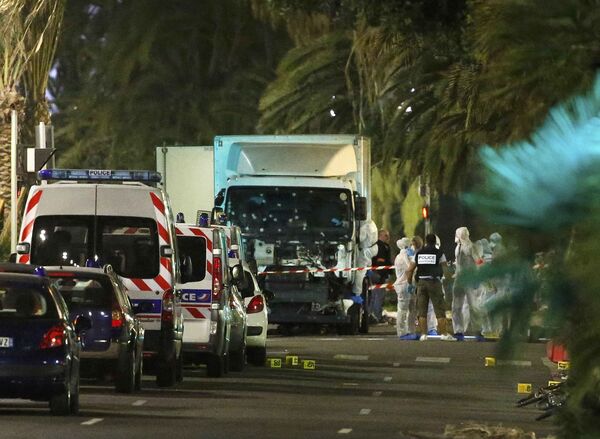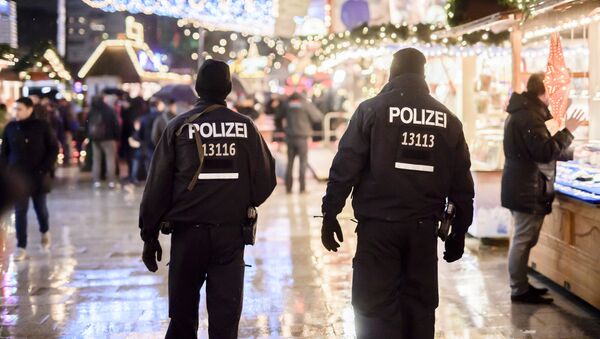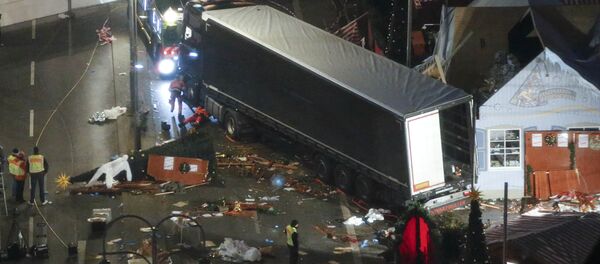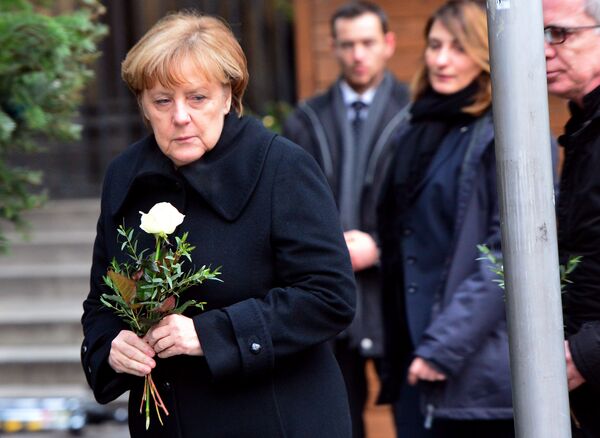Italian authorities have confirmed that a man known as Anis Amri, the Berlin market attack suspect, was shot dead when approached, during a routine check in the Sesto San Giovanni area of Milan, in the early hours of December 23.
However, questions are being asked on how he managed to cross out of Germany and reach Italy in the middle of a massive police and security agency hunt in Germany following the atrocity in its nation's capital, at a time when the issue of immigration and terrorism is so politically sensitive.
According to German media, Amri — a Tunisian national — had been imprisoned in Italy, was known to the German authorities through having applied for asylum, used various aliases and had been suspected of planning an attack. A senior UK security expert, Will Geddes, founder of ICP Group, said the authorities could be forgiven for having to keep observations on so many suspects.
"Inevitably there will be individuals who will be of interest and note to the security services that they will have under watch, but then they will have to prioritize another target — another person of interest — and as a result, they drop them and unfortunately these people tend to come back up again. That can happen to any of us," Geddes told Sputnik.
He said that the German law enforcement agencies — because of their structure — may not have been cross-exchanging intelligence information effectively between agencies.
"There are some failings on the German side, in terms of their intelligence instruments, because they are very federalized and they are where France was after the Charlie Hebdo attacks, where none of [the French] intelligence agencies were really effectively communicating with each other. The problem with Germany is that they are playing massive catch-up right now and were caught with their pants down, in every sense of the word," he said.
Nice Copyact?
However, Geddes was critical of the fact that the modus operandi of the Berlin attack was so similar to that of the attack in Nice, July 2016, when a man drove a truck into crowds celebrating Bastille Day, killing 86 and injuring over 400.

"In the wake of any terrorist attack, all the counterterrorist agencies around the world will get together at the scene of the incident to meet with their local counterparts to establish and analyse 'what, where, who, why and how.'
"They will try to understand if there as any critical intelligence beforehand that could have been useful for detecting whether it was going to happen, right through to the attack itself. How was it delivered? How many people? Their capability? Everything else that goes with it. Fundamentally they can then put into place suitable countermeasures to make sure that [the agencies' own countries] do not get caught out by a similar type of attack."
Collective Security Orgz-Coop will be given the utmost push now with the Germany attack/crazy how he was hunted in Germany & shot in Italy.
— Safaa ELHALOUTI (@safaaelhalouti) December 23, 2016
"What happened with Germany? I have no idea. One has got to question how effective [the security agencies] were, bearing in mind that people in the security world, like me, since October have been forewarning of potential threats during this coming Christmas season.
The Berlin attacker was shot today in Italy. A reminder of the weaknesses of EU information-exchange policies https://t.co/xtOU9wwpiQ pic.twitter.com/8YfytgHk6T
— Guy Verhofstadt (@GuyVerhofstadt) 23 December 2016
"So one would have hoped that they would have thought: 'Christmas coming up. Christmas markets. That's where lots of people are going to get together. Any kind of celebration… all the really obvious. What measures are we going to put in place around those to protect people?' "

"Or — before these things happen — installing hostile surveillance, reconnaissance, detection, identifying any kind of potential risks, chatter on social media, movement of particular suspects," Geddes said.




